Fear… is a clever, treacherous adversary, how well I know. It has no decency, respects no law or convention, and shows no mercy. It goes for your weakest spot, which it finds with unnerving ease. It begins in your mind, always… so you must fight hard to express it. You must fight hard to shine the light of words upon it. Because if you don’t, if your fear becomes a wordless darkness that you avoid, perhaps even manage to forget, you open yourself to further attacks of fear because you never truly fought the opponent who defeated you.” — Yann Martel, Life of Pi
In I Grow Younger, we value love and Freedom above all else. And while we do believe in ethics, Morality will never be the foundation on which we build our concepts. It just seems… too man-made, not fundamental enough. This might be confusing, especially for religious people or ones brought up by parents who value morality above all. We’ll expand on morality here so we can answer an important question related to Personal development:
Is the Fear of being a bad person a dangerous one?
This post is by nature philosophical, but I’m not pretending I’m that good at philosophy. Instead, as in other posts, the focus will be on how to reframe things so morality-related fears don’t get us stuck in Sheep mode. Because if we’re moral but also stuck, we won’t be helping ourselves, other people, or the world. So the point is never to get stuck on moral grounds.
For philosophers, the main object of morality is a single decision, eg. The Trolley problem.

But as we know, each human decision influences our emotions and therefore the next one. Our past decisions become our story, literally, who we are. Is it possible that we fail to account for this influence as a society when constructing our moral and social norms? Yes, it very much is. Taking things out of context is, after all, a human “superpower”.
What is the structural difference between the morality of a single decision and the complexity of life with its rich timeline of thousands of consecutive decisions? There are 4 main factors:
-
Number of total possible choices and exponential complexity
With a single decision, the choices are limited. In the Trolley problem, they are artificially limited to two, which goes against the I Grow Younger principle of expanding the possibilities as much as possible… and has always somehow bugged me. But often the possibilities are actually only a few. In such a small and constrained system, the relative cost of errors is higher. So it’s important for each individual decision to try to do no harm if possible. This way of thinking broadens the mindset to search for more “non-harming” options. Whether possible or not for the decision itself, the creativity of searching for more options helps your Hunter mode, Speed, and Scaling. The end goal complements the search with much-needed empathy (something the Trolley problem is criticized for lacking to foster). In the single decision framework, postponing reactions to external stimuli is fine if you’re not sure what to do, as long as you don’t dwell on it and focus your Time and Energy on another productive Direction while not making a decision.
The number of total possible choices along the big timeline is close to infinity. You generate situations, solve them, succeed, fail. Then the failure may become a Success or the success a failure. It’s a total mess where planning can work only partially, only short term. Long-term planning makes us miss the random opportunities in life and is usually detrimental. It also doesn’t really work because of our lack of control. In such a complex system, it’s impossible to be perfect. In fact, even the concept of perfection loses its Meaning since you may not know what you want or what you want keeps changing. It’s playing as Simon Sinek puts it, The Infinite Game, where the only goal is to keep playing (living).
Does this make you feel lost on the large scale of life? Morality can be your guide. But since we already try to do no harm, aren’t all our decisions morally set in stone already? Not really. So the questions become:
- What to do with the choices that are not related to causing harm, the positively framed ones
- How to construct our life so most of our choices are positively framed ones (about how to create, rather than not destroy)
We’ll look at the first question in 2. Maximize Happiness and the second in 3. Maximize Freedom
2. Maximize happiness
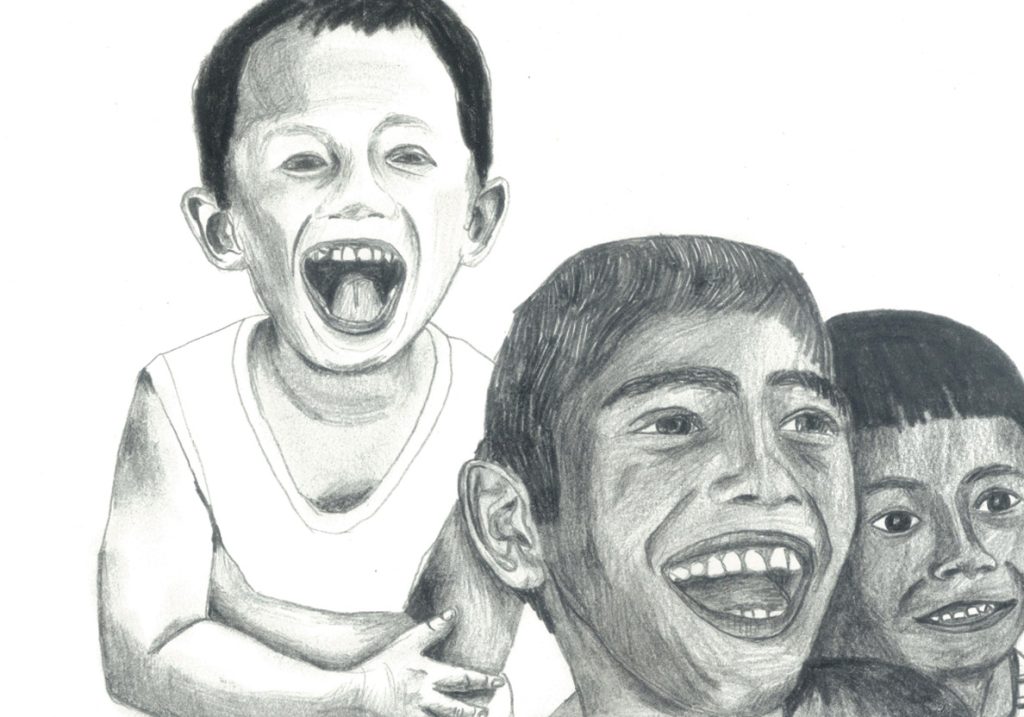
From the point of view of Utilitarianism, we have to maximize happiness for everyone. As making people happy makes us happy too, this is a win-win approach for everyone. But how do we make it happen?
Maximizing happiness is all about Quality multiplied by scale. The better and more scaled it is, the more we achieve for everyone. And here comes the real conflict. Scale is impossible without small pockets of harm done, without feelings getting hurt. Not just if you’re a politician. If you gather 1,000,000 people and tell them the most beautiful Story based on love, 100% true, with the best intentions and zero selfishness, 800,000 will love it, 199,000 will be “meh”, 999 will hate it and 1 will have their feelings hurt so much they would want to kill you. It’s human nature combined with scale; the bell curve always dips into insanity at the fringes, given enough subjects. Almost every famous person receives death threats. As much as you think that you can’t really hate Fred Rogers, Bob Ross, Dolly Parton, David Attenborough, Robin Williams, or Keanu Reeves, there is someone somewhere who is somehow triggered by each of them and suffers enough to at least consider violence. It’s simply inevitable to scale and not hurt a single person’s feelings. The important thing is how many people did they make happy? How many did they inspire?
In this case, it’s pretty straightforward, and somehow we assume it’s the haters’ fault. But in some cases, you have to actively destroy a structure to maximize happiness. The Education system in many countries in the world is of such low quality that it would be better to completely destroy and rebuild from the ground up so it’s relevant to the current world, not Industrial Revolution times. Would this hurt people like many teachers who cannot change their ways fast enough and just want to teach like they always did? Yes. Is it a good idea? Yes, because we cannot be left stuck with the current situation much longer.
Now that you also have the power to destroy and even indirectly hurt small groups of people in the name of scale and maximizing happiness, how can we… maximize the maximizing?
3. Maximize freedom
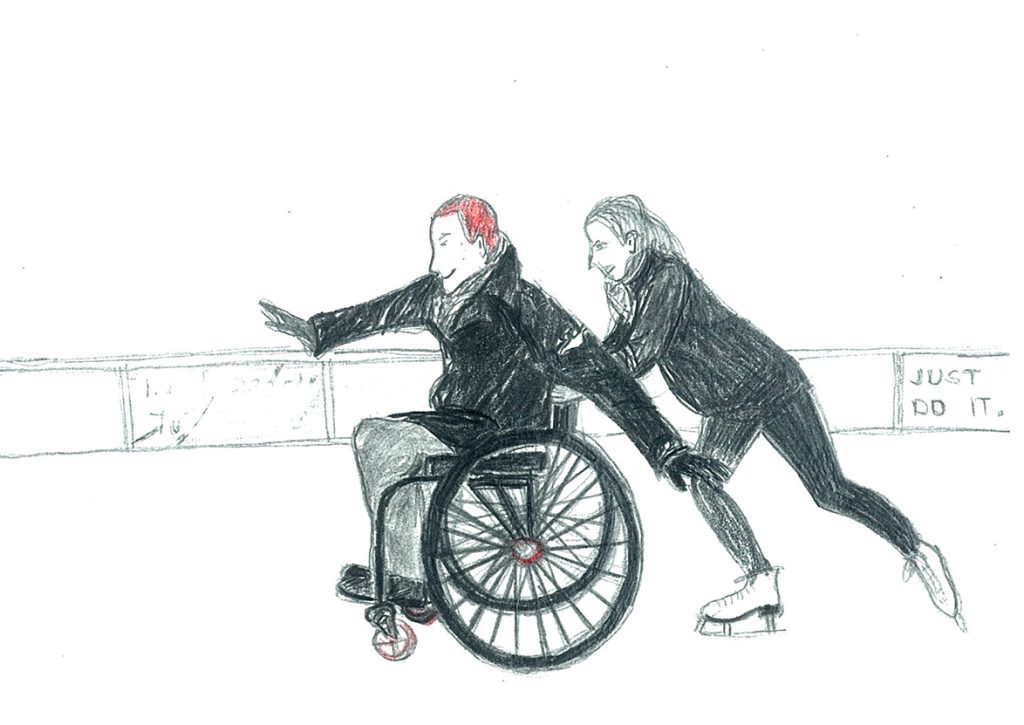
The more freedom in life you have, the more of your choices will be about what to create and how to help. The less freedom you have, the more the question will be about how to minimize the damage around.
Freedom is priceless. It gives us time, space, energy and Creativity to get shit done. It’s really non-negotiable. There is no morality without freedom, because you lose your choices.
Freedom + Resources is what you need to change the world. Freedom + resources + morality, and you’ll almost certainly change it for the better. Freedom + resources + morality + luck, and you will certainly change it for the better.
The interesting thing is how it all starts with Freedom. It helps you attract people and resources. Then you are no longer battling scarcity, and it’s easier to adhere to higher moral standards and develop altruism. And with enough resources to try many times, you can even influence luck.
4. Chances of predicting the consequences of our actions
When we talk about Utilitarianism and maximizing happiness, we talk about not our actions themselves but their consequences. But in doing so, we can often forget that life is not that predictable. In order to actually help, we need to try and constantly improve on those predictions. People spend their education, jobs, and much of their lives doing just that. It seems so complicated…
But there is one principle that makes it extremely simple. You can just base everything on freedom valuations.
Did your actions improve someone’s freedom? You helped long-term; in fact, you changed a life.
Did your actions reduce someone’s freedom? You didn’t help or even cause harm long-term.
Why is that so? Remember, you’re just one person. You can only generate so much happiness. The real deal is when you empower others to do the same. And we already showed how it all starts with freedom.
You will ask, What if you empower the wrong person? What if you give freedom to Hitler?
This assumption completely misses how destructive people actually function. Hitler acted evilly not because he objectively had the freedom to do whatever he wanted to as an absolute dictator, but because too much freedom presented him with bad options. He acted evil because he felt compelled to. By his ideologies, by the love for his nation, by the perceived threat from other races and nations. By the humiliation of the Versailles treaty and its reparations. By the trust of his citizens. In short, by moral obligations. By the opposite of freedom!
Hitler was not evil because he was free. He was evil because he had sacrificed freedom of choice and pursued senseless goals he felt he had no choice about, disregarding anything on his path. He believed it was his moral destiny.
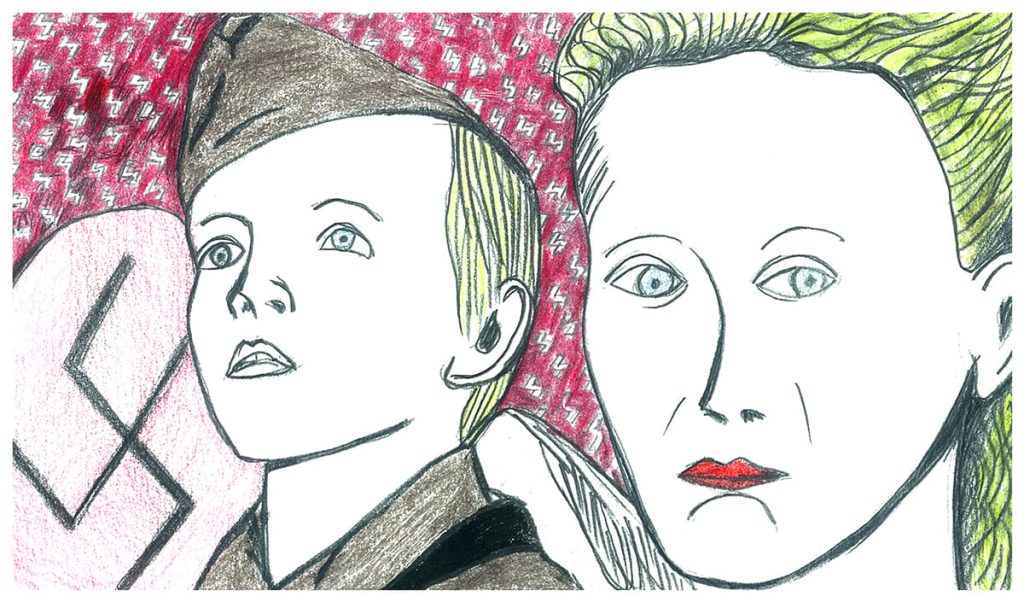
When you look at tyrants in history, you don’t see truly free people. You see traumatized people, mostly overly committed to their twisted view of morality due to ideology.
True freedom cannot backfire. Freedom is not a result. It’s a requirement for not self-destructing. It’s the most basic human right.
And with establishing the all-important freedom, let’s clash it with its main obstacle in the Game of Self, its internal enemy number one, the dangerous and destructive, completely artificial concept of purity (being always moral).
There is an inherent structural conflict between always being moral and Freedom. Being free to choose means all available options, not just the “moral” ones.
And the golden questions:
- Who gets to decide what is moral for other people, and are they always correct?
- Do marginalized groups of all kinds get ugly decisions taken for themselves without anyone even asking for their opinion?
Is it possible that we are always “moral”, just to learn at some point we were following fake rules?
Morality is just another “Trap-word” containing too much in itself.
Throughout history, the burden of being “moral” in every kind of way has always been used by the political and religious establishment to judge and suppress people different from them (the poor and marginalized) so the status quo may be preserved. Morality was often an excuse to use violence in The Power Games.
But we’re surely past that point, right? Morality evolves, people (well, most of them) become more and more liberal and tolerant to their different but still human peers, we have strong advocacy for the rights of all main marginalized groups… right? Well… almost.
None are more hopelessly enslaved than those who falsely believe they are free.
Goethe
There is one huge group…
that needlessly suffers from one of the world’s most hidden and pervasive fears…
with zero advocacy because they value morality above freedom and believe their only freedom is…
…within the framework of moral purity, and there is no existence elsewhere.
For them, freedom seems to be there. They falsely believe they are free because they can’t imagine themselves without the chains. The chains are not part of their life story. They are their life story.
This group is made up of all Overly moral people who always do the right thing.
Wait, what the bloody hell!? Everyone loves and respects those people!!! We make all our stories about the good heroes that defeat the bad villains because of their virtues, including morality and honesty! That surely can’t be!?
It’s a paradox, but it’s true. The Hunter-Sheep dynamic is so powerful in the long term that the Fear of being immoral can seamlessly get integrated into your life. Like all fears, it leads to doubts, slow Speed, small scale, and inertia that slows every ambitious project involving other people to a grind. Moral people are born with the empathy and honesty to lead nations, only to end up as bystanders most of the time. They can’t realize their huge leadership potential, leaving control of the world’s political and financial systems disproportionately to bad guys and girls (mostly guys, to be fair). And then we wonder why we can’t start dealing with climate change, duh.
We tend to think that the world’s systems are somehow flawed. The political and financial systems are somehow friendly to crooks, so crooks often end up at the top, ambitious and malicious. And to a degree, they are, but this is only a part of the problem. And not the easily solvable one.
We tend to think that power corrupts and well-meaning people become dicks once in a position of power. And this is also true to a degree, but still doesn’t explain the full picture. Not to mention it’s human nature and completely unsolvable.
In reality, the largest obstacles society faces are not the systems; it’s the Game of Self stuff. People have endless potential, but don’t fulfill it. This is solvable! It takes much less effort to remind the billions of good people they are actually free to roam than to get Money out of politics or whatever the systemic change should be. Not that we shouldn’t push against the wind for systemic Change, but the effort is not even comparable.
- In one case, you will clearly roll a boulder uphill against the greed and fears of the crooks with power and resources.
- On the other hand, you will roll a boulder downhill by unlocking the power of the people, a power that was already there.
I didn’t mention the word “suffer” accidentally. Well-meaning people stuck in inertia do suffer from the feeling that they could change the world, but are not doing anything about it. Deep down, they know they can.
So we didn’t make this big Game of Life state-of-society turn accidentally either. For a strong Game of Self, an altruistic person needs a better world. And needs to find meaning and contribute.
A close friend of mine once confessed:
“I can’t be happy if there is even one unhappy person around. It just doesn’t work, I can’t help it…”
It’s no surprise that such people don’t want to be the reason anyone is unhappy, ever. But with this very strong requirement come strong fears of breaking it, and when fears enter the picture, we’re fucked.
Today, we’ll explore how paradoxically the more morally committed people are, the more Game of Life problems they experience, in a Life supposed to be designed to reward the very same qualities they have. How did it come to this? Be patient, it’s a long and complicated story of striving for perfection and purity where they don’t exist.
In theory, honesty and true morality are great on all levels… if we were all perfect, honest, moral humans. Let’s get back to morality and do what we do to all “Trap-words” – segment it into pieces.
Morality falls into two broad categories:
Absolute, undeniable moral principles – ones where we know the bad is wrong without someone telling us, AND where the intentions are bad.
These fall into two sub-categories:
- Don’t be a dick to others without a proportional need (targeted bad intentions)
Example: Don’t kill people who are not trying to kill you.
- Don’t destroy value, you can instead share, and don’t pollute the environment (untargeted bad intentions)
Example: Don’t throw away your old but working iPhone instead of giving it to someone in need, don’t litter the streets.
Why do the intentions have to be bad, too, for something to be indisputably wrong? While being changing, immeasurable, and subjective, they are the best (although by no means sure) indication of future consequences. Imagine hurting someone by telling them a hard-to-swallow truth. The need may not be proportional, as your well-being may not be directly affected. You will probably feel bad for hurting the person (naturally,) but that doesn’t mean you did a bad thing. Very different than just being a dick for self-serving reasons. Intentions matter.
But wait, what if you actually told a lie, thinking you were telling the truth? What would the consequences be? But what if the lie happens to help, because of the randomness of life? See how quickly we fell down a rabbit hole. Analyzing consequences is a mess! Let’s just conveniently… ignore them? Immanuel Kant thinks you should.
So the only definitely morally wrong things are: being a dick + bad intentions. Consequences may vary.
Relative moral principles – all other cases
Ones where we know the bad is wrong because someone told us so, often it’s just cultural.
Example: Let’s say I’m an atheist admirer of medieval architecture, entering a 400-year-old cathedral with no other people inside… wearing a bathing suit (to save time putting on clothes after the beach, not as some kind of activism). The unusual combo does not actually hurt anyone’s feelings because there is no one there to see me. I can enter the cathedral, and I can wear a bathing suit on the beach or any place with no people around, separately, none of these is considered wrong. Also, there are positive consequences – I saved time putting clothes on, time I can potentially use to create some value for others. Like stopping and having a friendly chat with a homeless person for a minute, and making them feel less invisible.
Now, is it wrong just because some/most people may find it wrong? There are no valid reasons to assume it’s wrong just because of that. If someone is usually wrong about everything, it’s… some/most people.
And if it’s not wrong… what would change if the cathedral is full of people? Does morality change with observation? If people’s feelings get hurt, is it my fault or their fault, or no one’s fault?
This simple thought experiment about something that is completely benign (a type of fashion in a type of building!?) is designed to make us think about how much of our moral values are undebatable and how much is just cultural and peer pressure.
But it also has another idea – to put things into perspective.
You can’t take sets of moral values and enforce it with the same force on everything in the pack. You can’t say that teaching creationism is wrong, but entering the cathedral in a bathing suit is also wrong. You cannot and should not put a parallel line between spreading mass lies and a personal fashion choice. Scale matters and should be debated along with principle, otherwise, we lose touch with reality.
Now let’s talk about a major problem – the concept of purity.
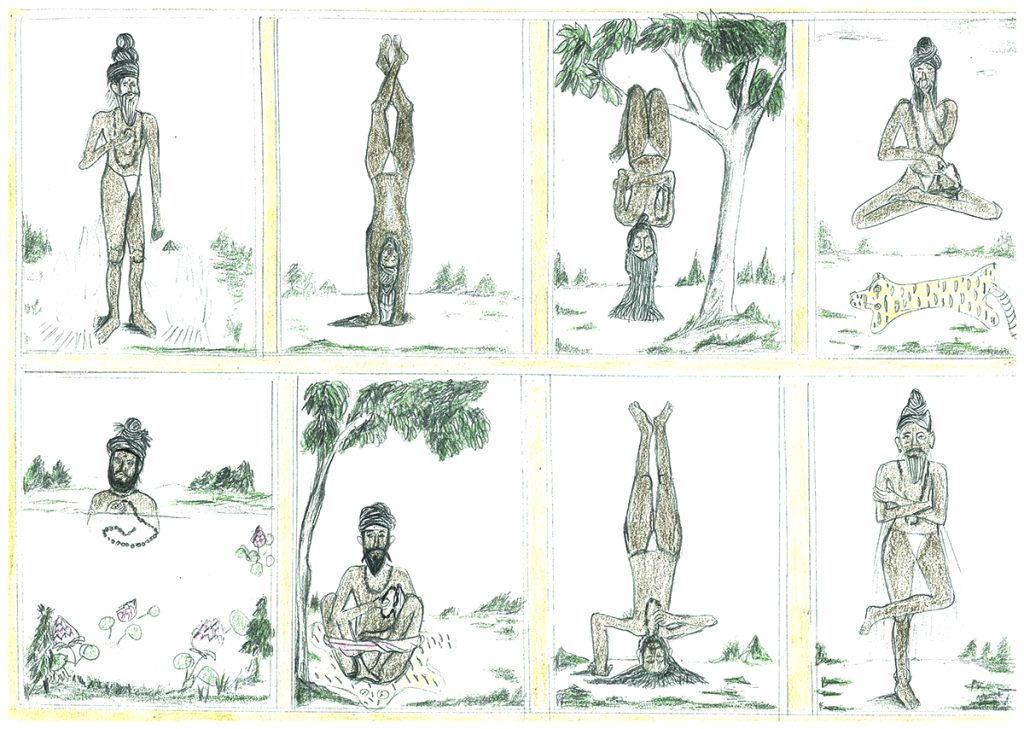
We are somehow used to the idea that moral values are always pure. If we don’t lie, we are “moral”. If we lied once, we are “immoral”, end of story…. wait, what?
Imagine if we brought such a harsh concept to another field, say, food. Let’s say we consume only 100% pure healthy food. Nothing else is allowed. If you don’t have access to healthy food, you wait till you have one, for days if needed. No compromise allowed.
Or work. You are not allowed any mistakes, ever. One mistake and you’re a bad professional forever. Sorry.
Sounds ridiculous, right? But what is so different about morality?
Remember the money post where we tried to explain there is nothing special about money. It’s just a helpful concept we use. But we have this huuuge social barrier that weighs on us and prevents us from making full use of the concept for everyone’s good. Rather, making Money is actually easy, not hard like almost all people think and believe with all their hearts.
We want to apply the same approach to morality. It’s not that hard to be moral. All it takes is:
Don’t be a dick, serve others and everything else is optional, no matter what people think.
What is not optional? If you want to give, you need to have. So while serving others, don’t forget about yourself, too!
And burn to the ground the freedom-destroying concept of purity. People make mistakes, and holding yourself to impossibly high standards is just counterproductive. Life is messy and will present you with hard, lose-lose choices sometimes. You don’t have the control needed for purity.
If you strive for purity, you may end up living a half-life because of fear.

(picture of a garden with a fence that grows bigger and thicker until it becomes a wall you cannot see beyond)
Bad things come in two forms simultaneously. The bad thing itself and the fear of it happening.
Sometimes things happen all of a sudden, and there is no time to be afraid. And sometimes the wait-and-be-afraid period is much worse than the actual event.
While some truly tragic things in life (like losing a loved one) suck way too much to get used to them, most everyday Game of Self stuff is only frightening in our thoughts and then it happens and it turns out there is nothing to fear. Next time it happens, we don’t care that much, and after a few times, it’s totally fine. Rejection, for example, is something we can get used to being quite resilient to (while in Hunter mode) and even use it as a source of motivation.
To differentiate real life fear-inducing trauma from our internal Game of Self bullshit fears, the principle is:
The more internal the fear is, the more it’s at its highest power when we have never experienced the fear’s source.1
What is most internal about a human? The story of our own existence, what we are, how we define ourselves.
And if we define ourselves as being above all a decent, moral, honest person, what is the biggest fear? To lose this beautiful, pure Story, to lose moral purity.
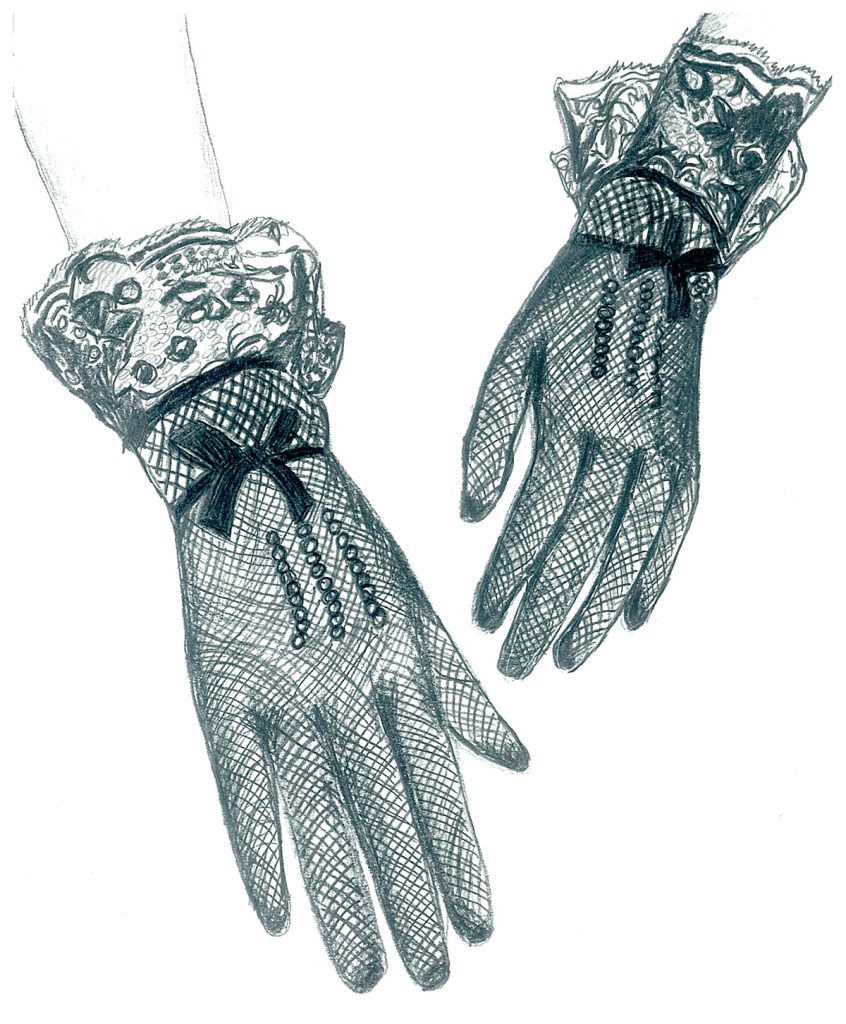
Paradoxically, the more strictly moral we are, the more the danger that this fear will start controlling all decisions in our life, leading to the loss of Game of Life advantages, lack of resources, and in the end, even immorality (out of desperate need for resources). No matter how moral you are, if it comes to a choice between stealing and starving to death, you would probably steal for food. I would, too.
The reason is that fear is not rational.2 It’s like a brainless tsunami that simply washes over everything around. And if the central fear in your life is being immoral, here are some of the places the tsunami can reach:
- Anything you can imagine being judged for (even if you have never ever been!) becomes a “moral” territory, even if completely morally irrelevant. Here is a woman, liberated by the discovery that it’s not morally relevant if you fold your laundry or not.
- You empathize with non-living structures (systems). You fight for the well-being of projects worth being scrapped, companies worth failing, and governments not worth supporting, just because you’re supposed to be loyal to them.
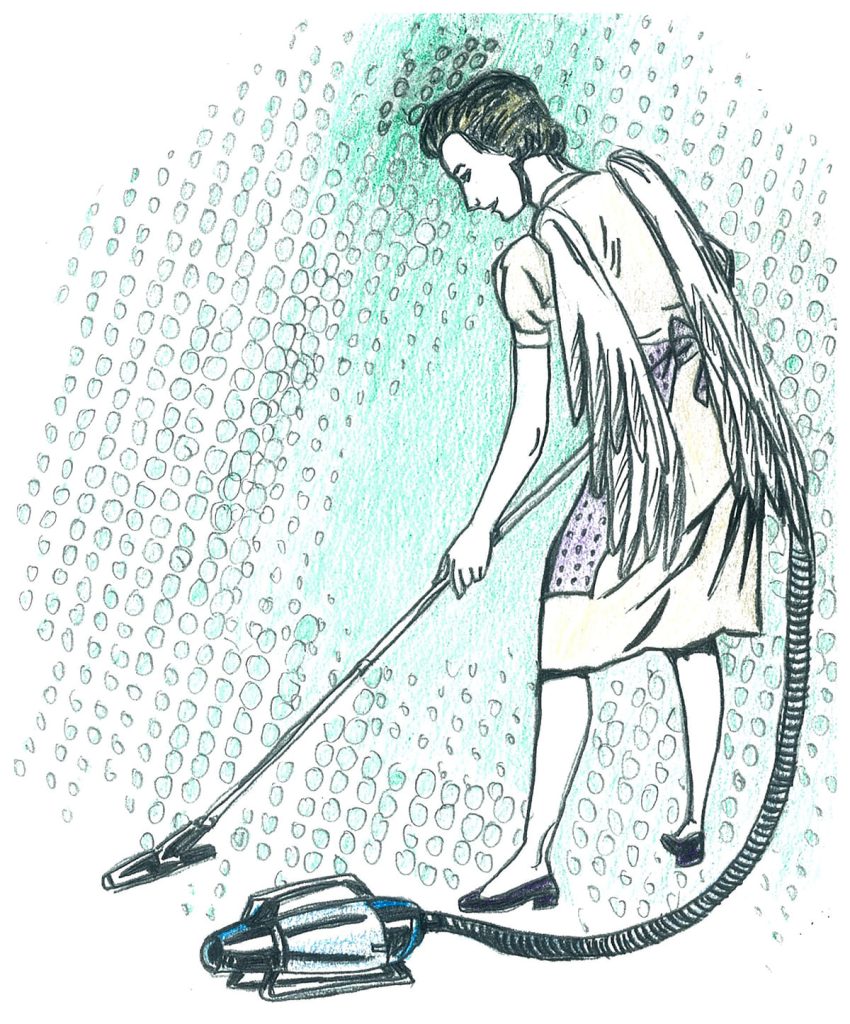
- You may fall into the trap of predatory relationships of all kinds, and don’t leave them quickly enough.
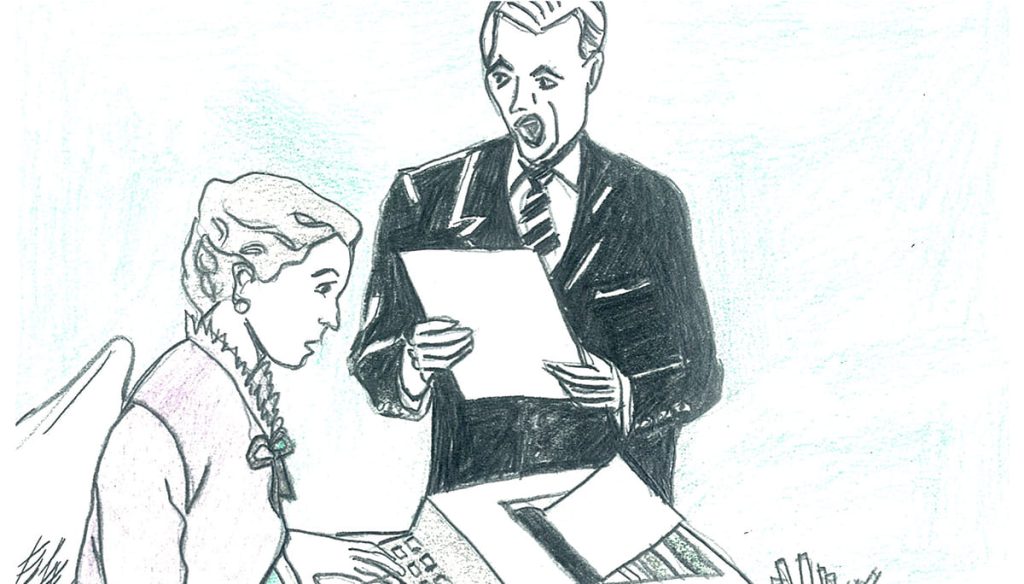
- When you don’t leave behind toxic people fast enough, your feel for time and tolerance gets screwed up and you also don’t leave other bad structures (eg. terrible jobs) fast enough.
- Being too conflict-averse makes activism a very uncomfortable option for you. You don’t destroy very poorly structured public systems not worth existing, and by supporting them, you become part of the problem.
- You have way too much tolerance for bullshit as calling it out is often a confrontational act.
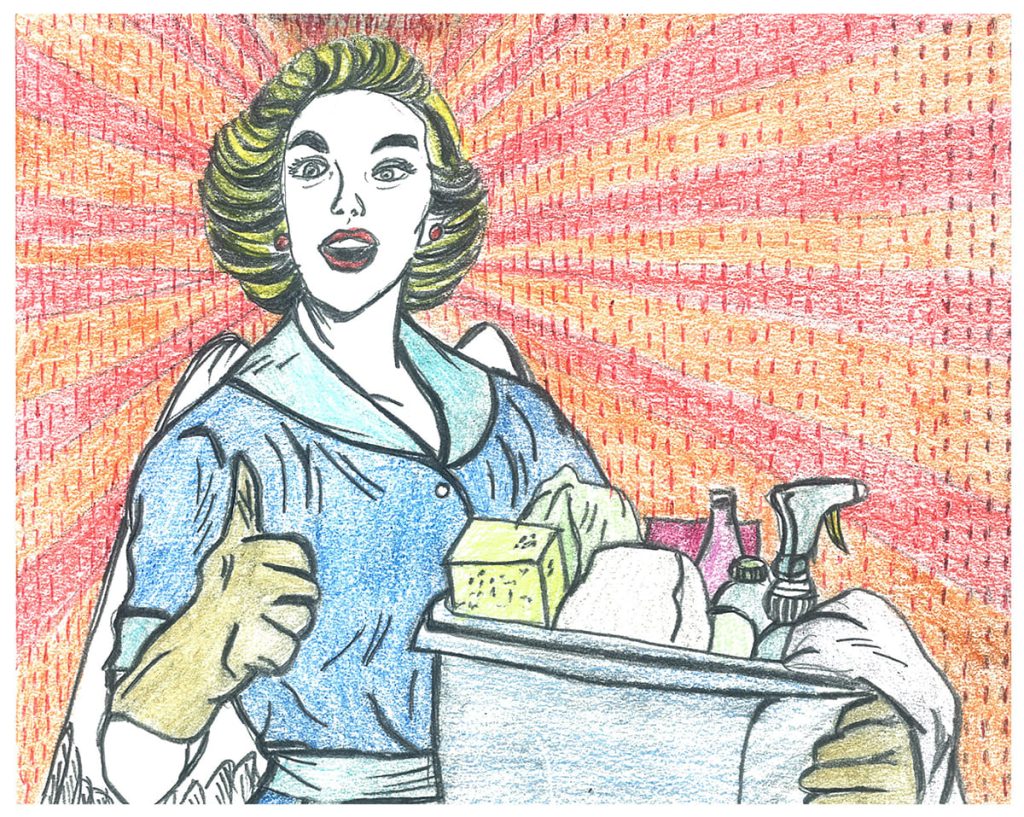
As a whole, you become more risk-averse. The story of purity needs control, otherwise, you can end up in an unexpected place where you’re forced to lose it. You feel this all the time. The constant striving for control gradually leads to Sheep mode. And whenever fear reaches your logical reasoning, it has already generated all the excuses to hold you back.
All of this is a completely internal process. It can not only be invisible to your friends and family but also be invisible to you.
You are the one who cannot even imagine a life where you are not morally perfect…
…and fear the day it may happen because it feels like the world would end then and there, and darkness will come.
No judging from others is needed to go down this spiral, and it’s not about consequences… It just becomes a part of you to limit yourself to the options where you will never, ever fail others. You accept that you are defined by your own high moral criteria. You might even feel proud about it. And instead of growing and challenging yourself with new ideas, you lower the Game of Life bar so that the Game of Self does not encounter the moment where you’ll inevitably fail someone big time.
If you cannot trust the randomness of life to help you after you make all efforts for the odds to be in your favor, if you always look at the worst possible scenario, the one where you not only fail but somehow fail others too, you cannot be a Hunter and you cannot scale. Scaling (including leadership) involves other people and the non-zero chance of failing them.
The end result is stagnation, inertia, and Sheep mode. The more you let any fear control you, it just grows. There are no good fears. Even the fear of losing morality itself is not worth it, I promise you that. If you drop the fear, you won’t become a serial killer. Not overnight and not ever. There is no downward slope, it’s just an illusion. Life goes on, and freedom is back. You may leave some people unhappy with your choices, but you are also responsible for yourself and everything you can give and create for this world. Don’t sacrifice all that potential for the imaginable concept of purity. Nothing and no one is perfect. Just live!
Why is no one talking about all this?
For the very moral people, it’s just who they are. They say things like “I can’t lie”. And not that lying is good, the cases where it’s preferable (noble lies) are indeed rare. But the fear of getting into a situation where you might, eventually, have to lie is just as bad and limiting as any other baseless fear. For example, it’s almost impossible to be a politician who never twists the truth at least a bit. That’s how democracy works: if you want to get elected, you tell people what they want to hear and omit some unpleasant truths, especially if your reputation is involved with them. Moral compromises often have to be made if you lead a country or a big organization; it’s a choice of which, not if. If you’re honest and want to be a political leader, you have to compromise with yourself at least a bit, this is reality. You should not be afraid to! If you think about this in the first place, you have the conscience needed. Trust your future self, you will not fuck everything up if you lose purity! It’s an archaic cultural illusion left from the attempt to control your ancestors using judgment as a weapon; that’s all it is.
Immoral people, they just take advantage of all this. They form a majority in many positions of leadership, especially in more corrupt countries. Just because the beautiful people of this world are busy staying small for the sake of purity…
Do you really want to let the bad guys win? When fighting for the future of our species and planet, don’t fight against guns with sticks and stones. Fight them with whatever is needed!
Life is not a hero movie where the main character gets over their internal mess and achieves purity in order to fulfill their true potential. Real life is incredibly messy and often does not support purity at all! And when it’s achievable, it’s always at the cost of scale. And scale is needed for meaningful world Change.
Most of the truly beautiful people of this world spend their lives afraid of the moral purity loss that would ensue if they actually turn their beautiful intentions into inevitably messy, real-life actions. And for most of them, they never really try.
The largest unused resource for world Change is the quiet, well-meaning, moral people afraid of their own power and the Change it might bring in their lives. We need you!
From now on, you can be bad boys and girls if the moment feels like it. I know you will not take the wrong meaning from these words. Because you are… you. And you know.
And if you wonder how to leave behind the chains of moral purity and the associated fears, I can only tell you one thing…
- Tietien, R. Fear, Fanaticism, and Fragile Identities.// The Journal of Ethics, Jan 2023.
https://www.researchgate.net/publication/367467509 - Steimer, T. The biology of fear- and anxiety-related behaviors.// Dialogues in Clinical Neuroscience, Sep 2002.
https://www.researchgate.net/publication/51751410
Coming soon 🙂

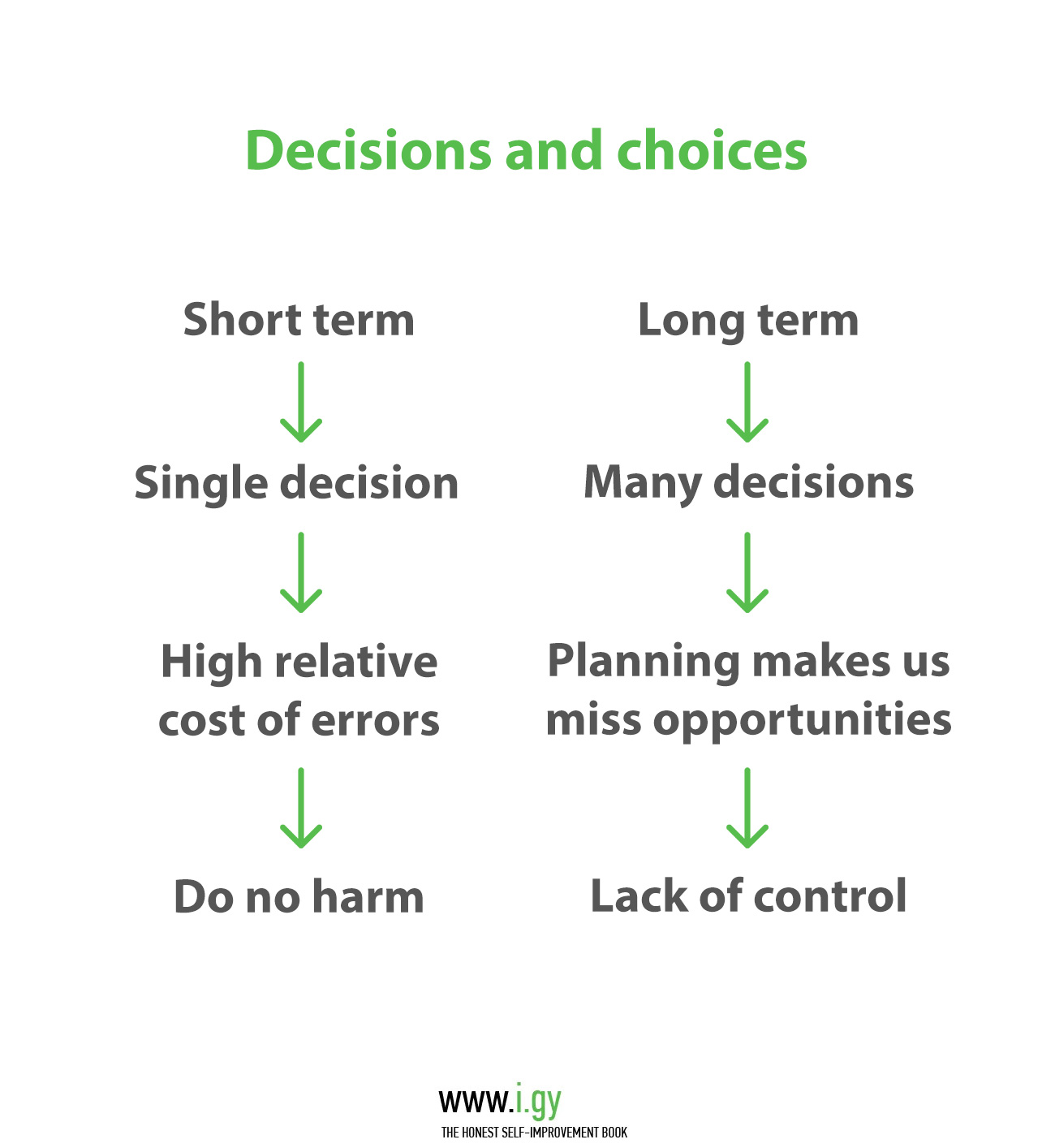
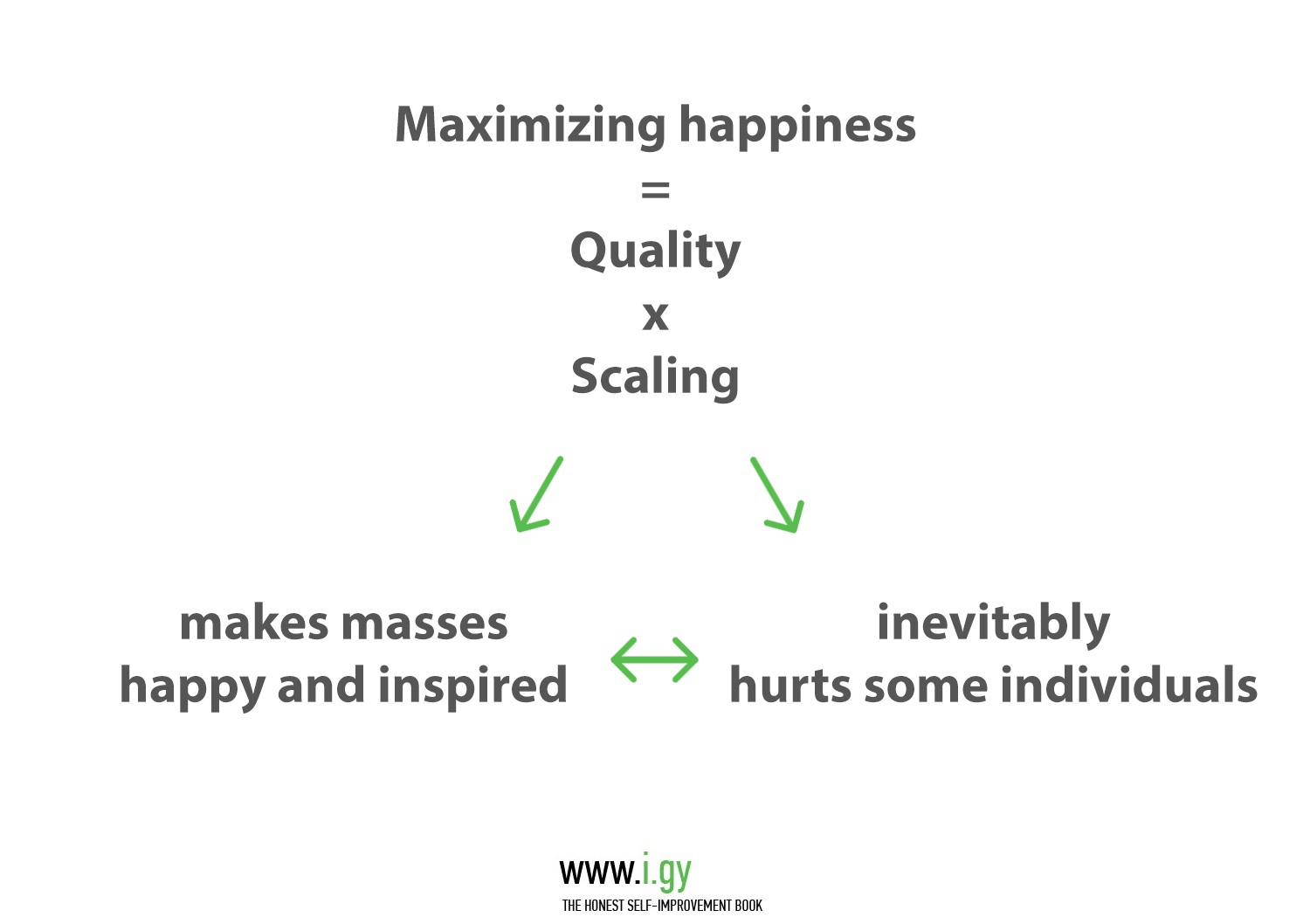
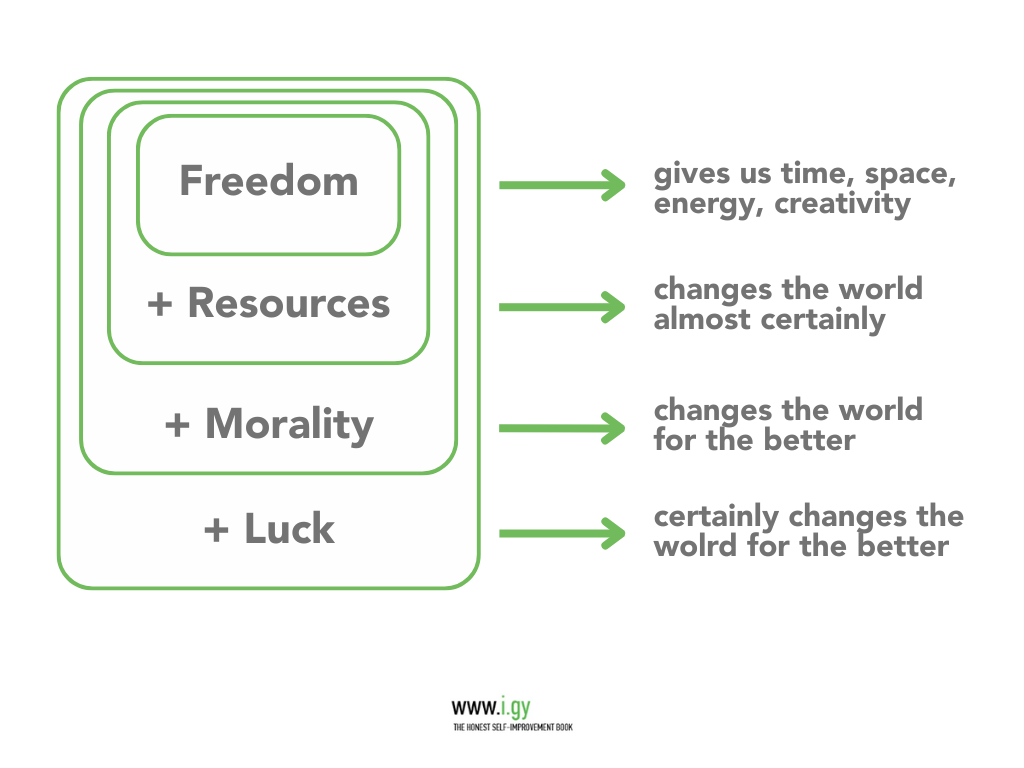
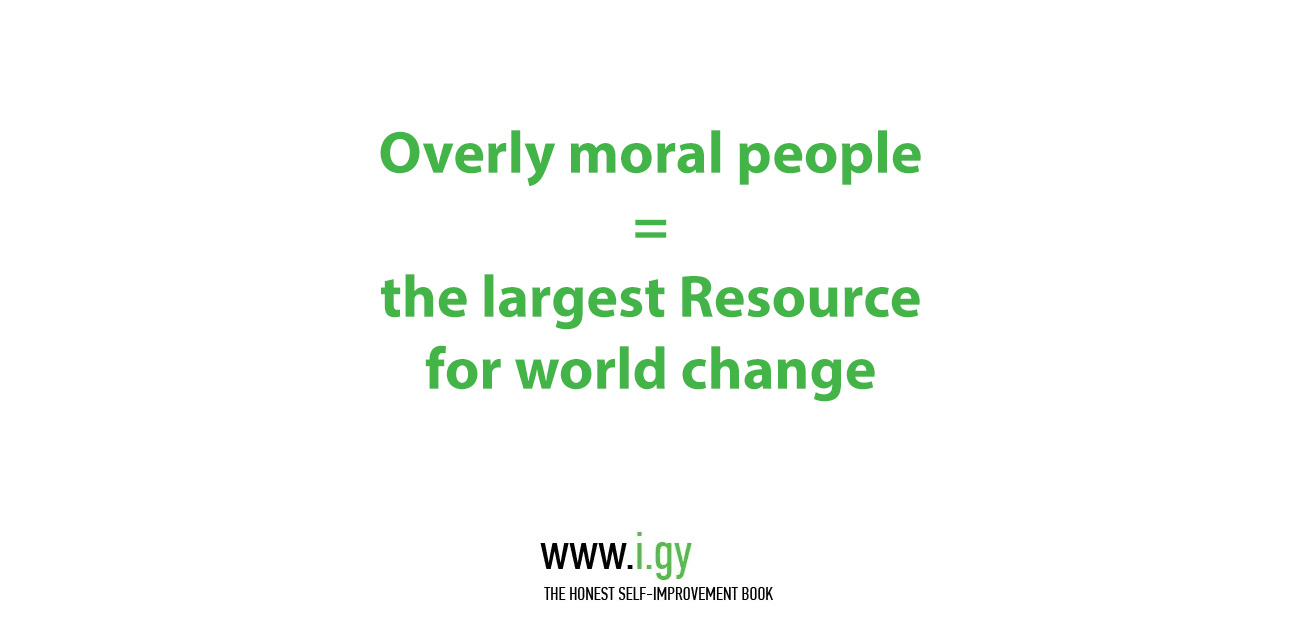
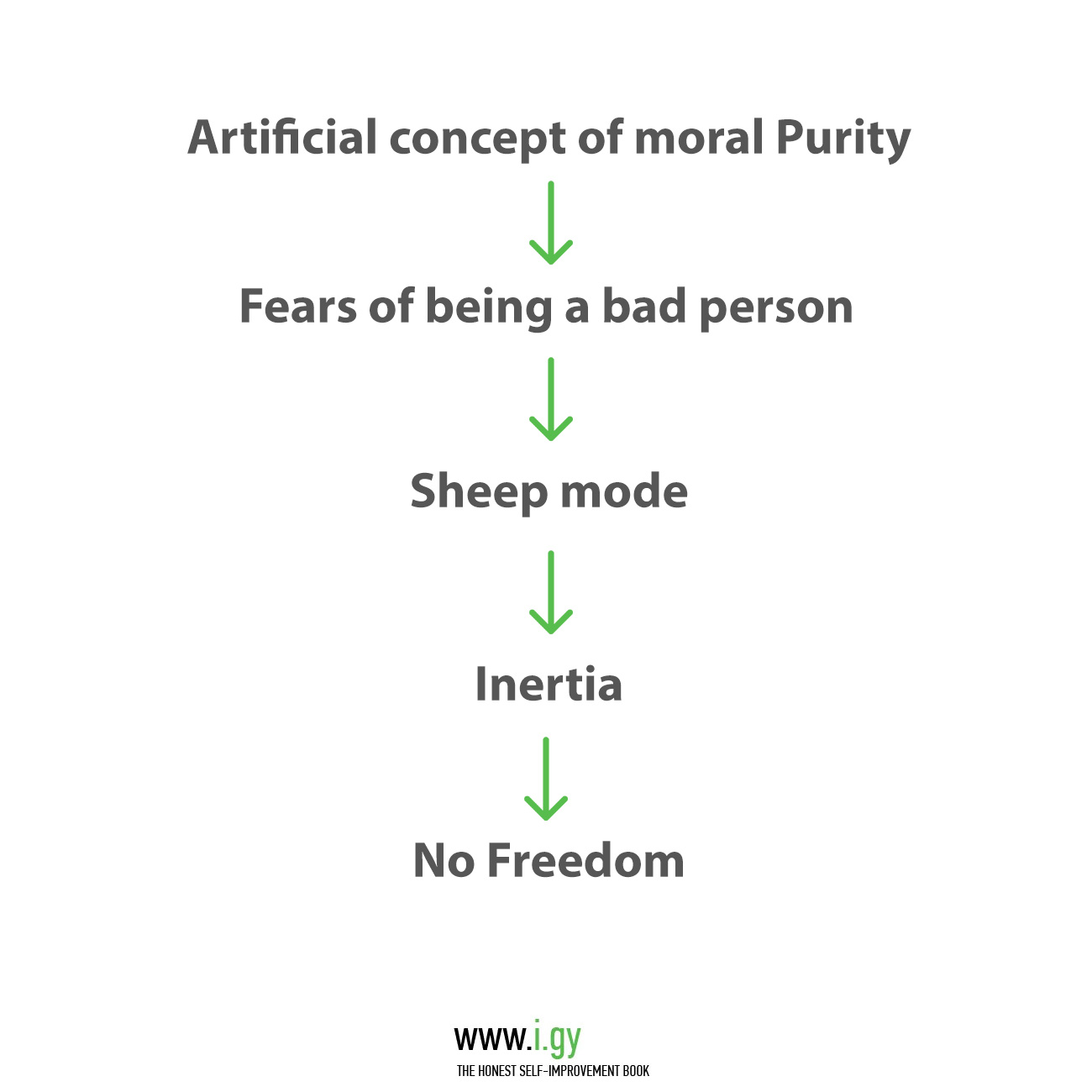
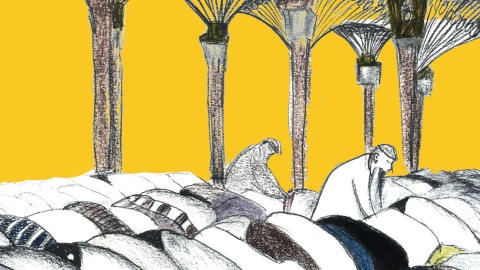
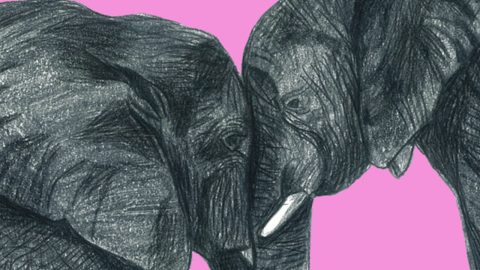
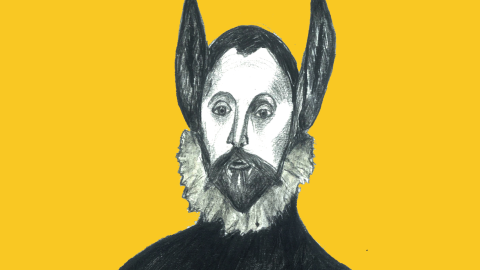
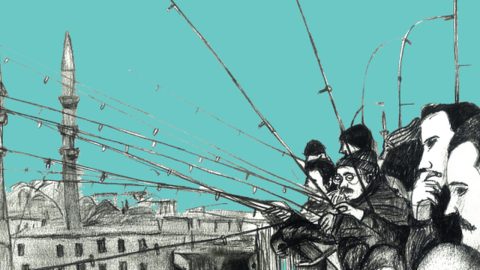
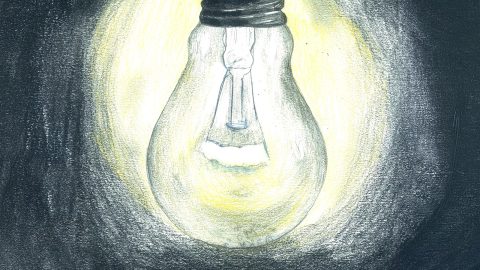
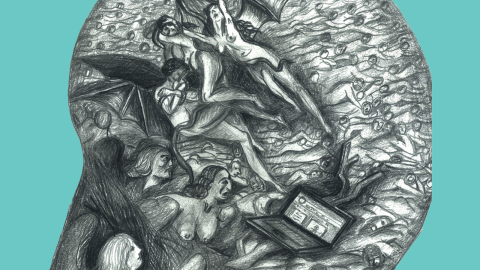
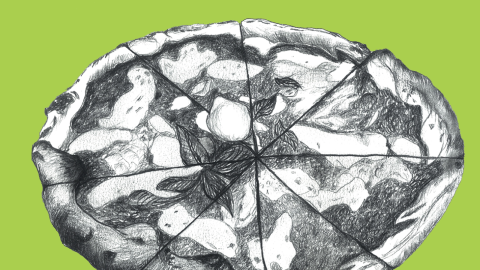






















I disagree wholeheartedly in general but let me address one point: Entering a cathedral in a bathing suit wont hurt anyones feelings, it will piss them off. Because you are disrespecting the buildings very reason for existance, to be a sacred place of purity. That building is not your heritage it belongs to religious people who made it.
You don’t have to buy into other peoples culture or beliefs to show respect when you visit their things. Its the same as taking a shit in someones living room because you don’t share the value that theres something wrong with that.
This exact drive for purity is what is holding humanity back in a changing world. If you are triggered by our thought experiment, then this thought experiment has achieved its purpose.
But the thought experiment includes “entering alone”. It implies that there is nothing bad in the action itself. It becomes bad when some people that are emotionally invested find out about it. So the action itself is not bad, it does not cause any suffering, but it becomes bad when people decide to perceive it that way.
Basically there are many such things in life, where we perceive them as bad by default, but if you think about it – they are actually not. Not by themselves in their core. And they can be done without being actually a bad person. Like entering the cathedral naked and nobody noticing it.